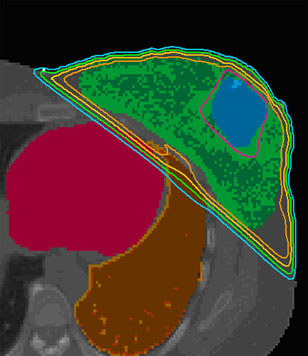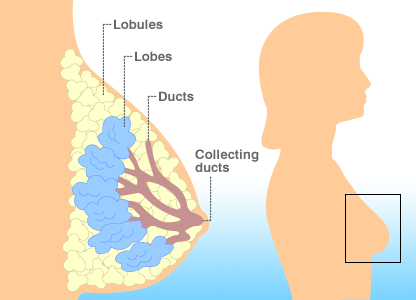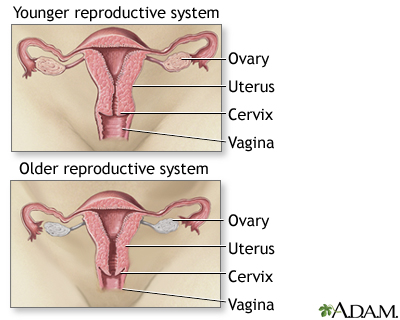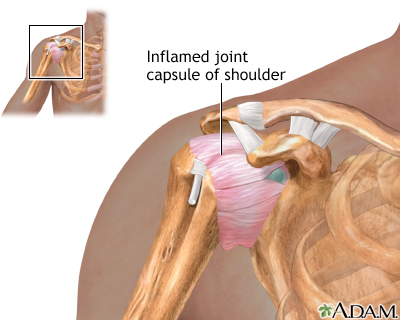
Planning ahead before pregnancy helps new moms give their babies the best possible start in life, experts say.
And to help in that planning, here's an eight-step pre-pregnancy checklist from Barbara Coulter-Smith, a Texas obstetrician/gynecologist at Baylor Regional Medical Center at Grapevine:
Take folic acid supplements. Folic acid is a B vitamin that reduces the risk of neural tube defects such as spina bifida. Few women get enough folic acid in their diet, so it's important to take supplements. Talk with your doctor.
Make sure all your vaccinations are up to date, including immunization against chickenpox and rubella. You should also be up to date on your tetanus shot (every 10 years).
Don't smoke while trying to get pregnant or during pregnancy. Smoking can increase the risk of miscarriage and of low-birth-weight babies. Do not drink alcohol when you're pregnant.
Maintain a healthy weight. Being overweight can increase the risk of gestational diabetes and other pregnancy-related complications.
Exercise helps you maintain or lose weight and helps you manage stress. If you do get pregnant, talk to your doctor about the kinds of exercise that are safe to do during pregnancy.
If you have a chronic medical condition, talk to your doctor about the health risks of pregnancy and about which prescription medications you can still take during pregnancy. It's also important to tell your doctor about any family history of hereditary disorders before you start planning a pregnancy.
After stopping the use of contraception, wait for one spontaneous menstrual cycle before trying to conceive. A normal menstrual cycle signals that the lining of the uterus is healthy enough to support a new life.
Men also need to do some pre-pregnancy planning. Avoid hot tubs, saunas, smoking and alcohol, all of which can affect sperm count.
More information
The U.S. National Women's Health Information Center offers more pre-pregnancy advice.
| Tags: Addiction, Pregnancy, Sexual Health, Women's Health |Labels: Addiction, Diabetes, Pregnancy, Sexual Health, Stress, Women's Health




 For the first time, a woman whose ovaries were damaged by drug and radiation treatments has undergone a successful transplant of ovaries from her genetically non-identical sister, Belgian researchers report.
For the first time, a woman whose ovaries were damaged by drug and radiation treatments has undergone a successful transplant of ovaries from her genetically non-identical sister, Belgian researchers report.


 Being exposed to alcohol before birth may lead to behavioral problems later on, U.S. researchers report.
Being exposed to alcohol before birth may lead to behavioral problems later on, U.S. researchers report. The hormone progesterone may help prevent preterm birth in some women, but it doesn't work for everyone.
The hormone progesterone may help prevent preterm birth in some women, but it doesn't work for everyone.







